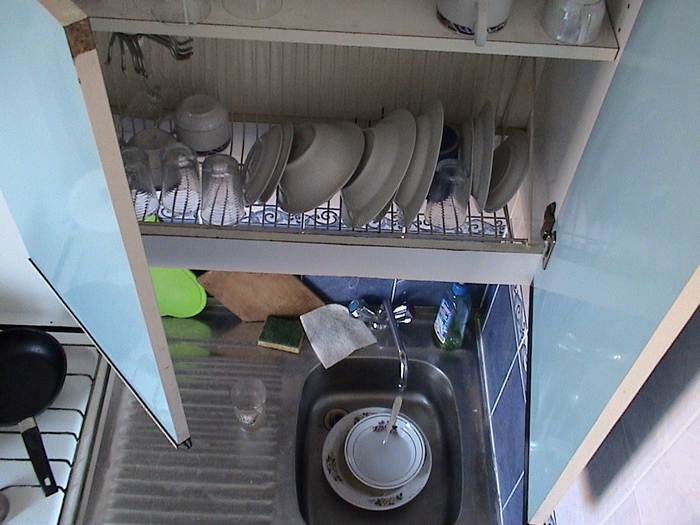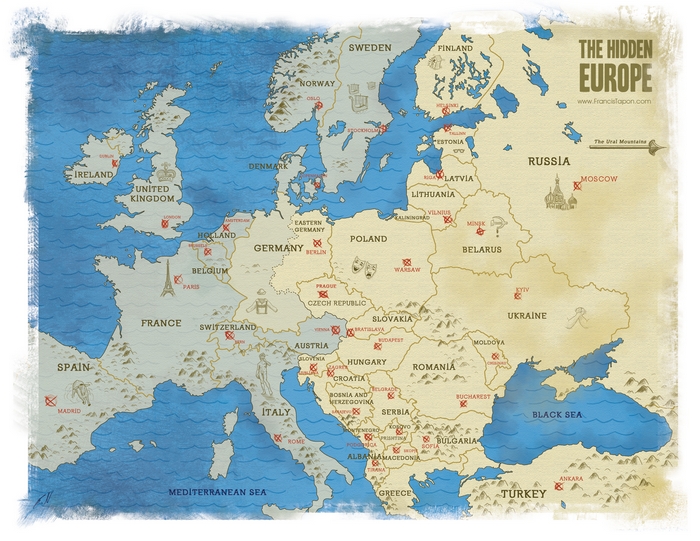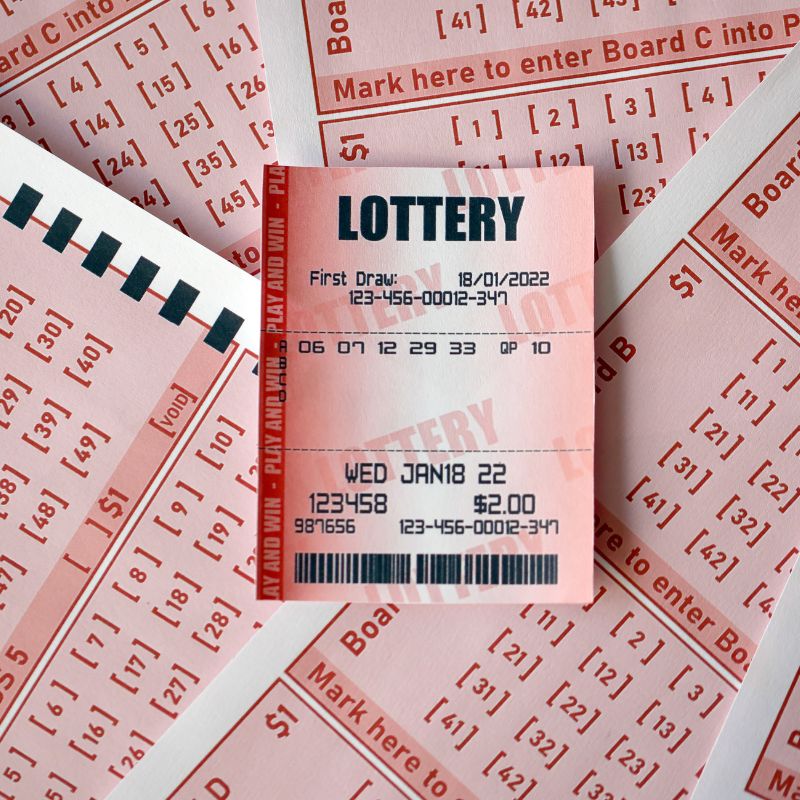Eastern Europe
Exploring the Hidden Europe in 2004 and 2008-2011
In 2004, I visited all 25 countries in Eastern Europe. You'll find the blog entries from that trip here. In 2008-2011, I returned to see what had changed since that time. With these two visits, five years apart, I accumulated enough material for my 750-page book, The Hidden Europe: What Eastern Europeans Can Teach Us.
This blog now has many excerpts from The Hidden Europe. But who the hell reads anymore? Just look at the best photos from Eastern Europe!
This map reflects how I define Eastern Europe. Eastern Europeans love to deny that they're in Eastern Europe. I tackle how and why I define Eastern Europe the way I do in the Introduction of The Hidden Europe.
In 2011, Mikhail Gorbachev said, "The United States needs its own perestroika." The same could be said for the EU. On Friday January 13th, 2012, S&P downgraded the credit rating of nine European countries.
 Most of EU nations, like the US, are living beyond their means: their governments are spending more than they're collecting in taxes. After several years, something has to give. This week, what's giving is their credit rating.
Most of EU nations, like the US, are living beyond their means: their governments are spending more than they're collecting in taxes. After several years, something has to give. This week, what's giving is their credit rating.
If Europeans (and Americans) don't vote for and support politicians who cut government spending (especially on the big ticket items like military, medical care, and social security), then credit ratings will continue to plummet, interest rates will rise, and Western Europeans will suffer like Eastern Europeans suffered when they transitioned away from communism 20 years ago.
Some argue that we shouldn't just cut spending, we should also increase taxes. Some tax hikes would be good. For example, a carbon tax would be helpful at capturing externalities like pollution.
However, believing that increasing taxes on the rich would solve everything is foolish. First, in the US, the top 1% already pay over 36% of federal income taxes; in Europe, the wealthy are taxed even more.
"So what? Let's tax the rich bastards even more!" you say?
The problem is that it's easier than ever for the rich to take their money and run. Let's say you're a rich guy in Paris and France increases your tax rate to 95%. Are you going to stick around? Or will you move to a neighboring country that lets you keep more of your income?
On December 29, to commemorate the 20th anniversary of the fall of the USSR, Michael Krasny interviewed me on his award-winning KQED radio show, Forum. KQED is currently the most-listened-to public radio station in America, reaching over 745,000 listeners each week.
Listen to the one-hour interview, where we discuss my book, The Hidden Europe: What Eastern Europeans Can Teach Us.


The program's blurb: San Francisco native Francis Tapon has visited more than 80 countries and hiked over 12,500 miles. Along his journey he has learned many life lessons. He joins the program to share his insights about what Eastern Europeans can teach us in his newest book, The Hidden Europe.
“Francis Tapon provides us with a wide-ranging personal and historical travelogue. . . . The result is one of the world's most personal, idiosyncratic, and unorthodox cultural and historical travel guides. . . . It's really an impressive and ambitious book.” — Michael Krasny, Host on KQED's Forum
 I was struck by a simple innovation, while I was washing my dishes in Belarus. The kitchen cabinet, which was placed over the sink, had dish racks embedded into the cabinet itself. Because the cabinet had an open bottom, you could place the freshly washed (and dripping) dish directly into the cabinet. Water would drip through the opening on the bottom and land into the sink (or countertop). Because there’s no need for a separate dish rack, Belarusians gain extra counter space while saving themselves the tedious task of moving dry dishes from the dish rack onto the counter. It’s a clever solution for those without a dishwasher.
I was struck by a simple innovation, while I was washing my dishes in Belarus. The kitchen cabinet, which was placed over the sink, had dish racks embedded into the cabinet itself. Because the cabinet had an open bottom, you could place the freshly washed (and dripping) dish directly into the cabinet. Water would drip through the opening on the bottom and land into the sink (or countertop). Because there’s no need for a separate dish rack, Belarusians gain extra counter space while saving themselves the tedious task of moving dry dishes from the dish rack onto the counter. It’s a clever solution for those without a dishwasher.
Eastern Europeans aren’t known for being innovative, but in some ways the stereotype is unfair. Hungarians, for example, invented the ballpoint pen and holography. A Hungarian, John George Kemeny, co-invented the BASIC programming language with American Thomas Kurtz. Hungarians also invented artificial blood and the Rubik’s Cube. Four Estonians designed Skype. Nikola Tesla, a Serb, patented the rotating magnetic field, which led to the use of alternating current (AC). Russians were the first in space, made the biggest nuclear bomb, designed Tetris, and created the iPhone of assault rifles (the AK-47).
Your comment will be deleted if:
- It doesn't add value. (So don't just say, "Nice post!")
- You use a fake name, like "Cheap Hotels."
- You embed a self-serving link in your comment.





